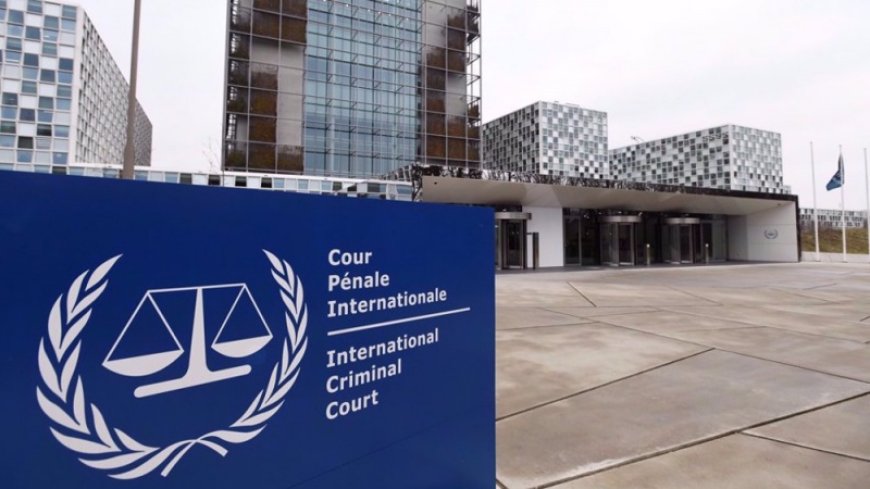UN experts criticize the ICC for not prosecuting Israelis who commit crimes in Gaza
The UN special expert on Palestine, Francesca Albanese, and the UN special rapporteur on the right to housing, Balakrishnan Rajagopal, have strongly criticized the International Criminal Court (ICC) for not taking swift action in prosecuting Israeli administration officials who have been involved in war crimes against Palestinians in the Gaza Strip.

Albanese quoted a post on X from an official at the charity Save The Children saying "more than 10 children a day, on average, are losing one or both legs in Gaza since the conflict broke out three months ago." He said: "Prosecutions will be required. Criminals who have planned, ordered and carried out such crimes must be brought to justice." The UN official added that: " National courts with jurisdiction over war crimes, crimes against humanity and genocide must be established, as the ICC shows that it does not take immediate action on the Palestinian situation." Rajagopal also shared a post on X to support Albanese's call, saying: "Yes we need action now. Today the ICC seems to have taken a very slow move." United Nations experts and human rights organizations have described the Israeli regime's ongoing attacks against Palestinian civilians in Gaza and acts of collective punishment as "genocide". The failure of the ICC Prosecutor, Karim Khan to take measures to prevent the genocide such as issuing arrest warrants for those responsible for the crimes, including Israeli Prime Minister Benjamin Netanyahu, has been strongly criticized by officials. Israel has carried out air and ground attacks in Gaza since October 7 last year, killing at least 22,800 Palestinians and injuring more than 58,400 others. Israel's attacks have left Gaza in ruins, with 60 percent of the area's infrastructure destroyed and nearly 2 million residents forced to flee their homes due to severe shortages of food, clean water and medicine.













































